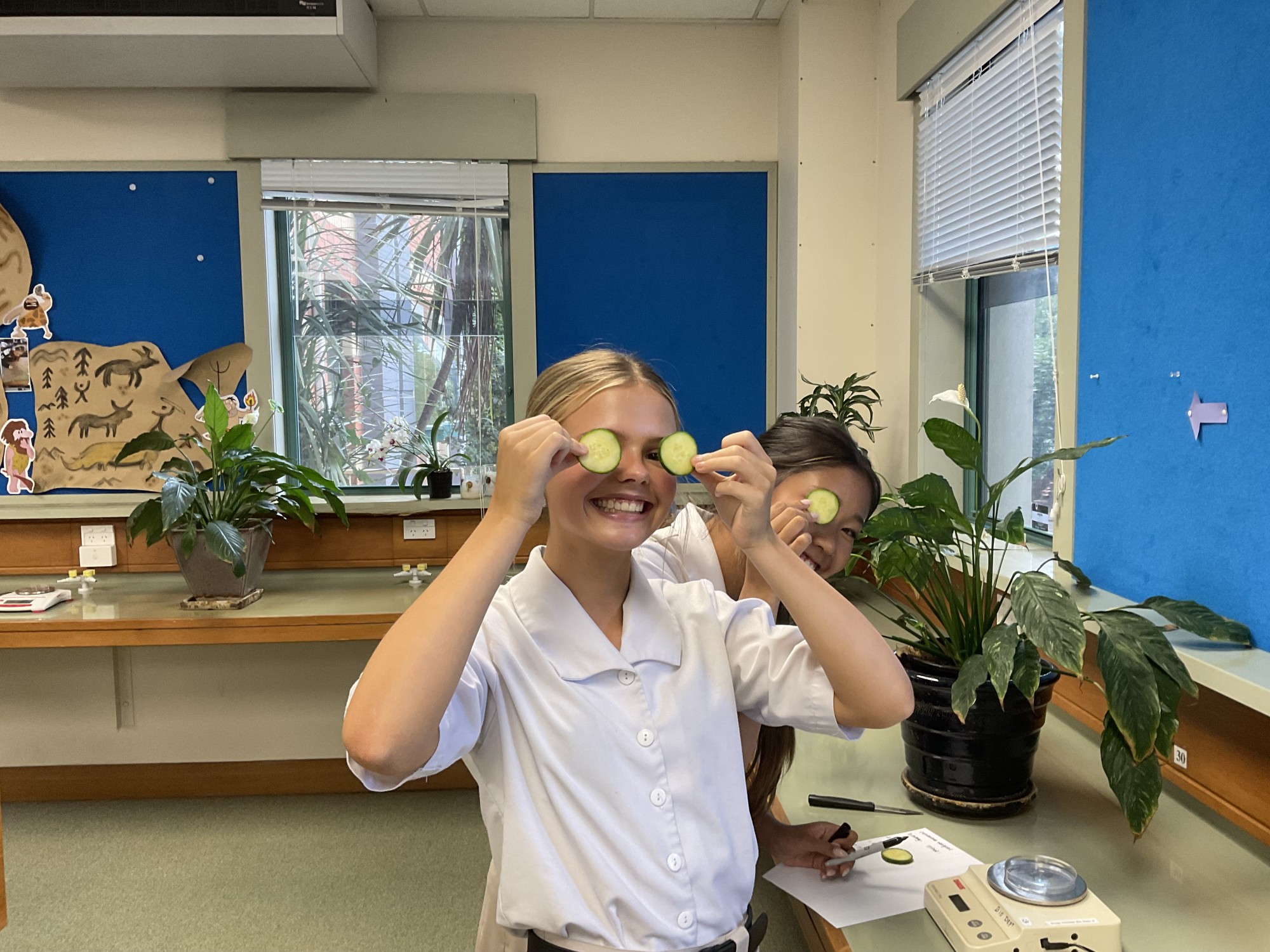Wednesday 12 November 2025
The Learning Switch: How happiness turns it on, and stress turns it off
Understanding the biology of the brain can be a very effective way of improving our understanding of teaching and learning.
Recently, I have been very interested in how emotions can shape students’ perceptions and learning process. I have also devoted some time to try to understand how science relates strong emotions to education.
Amongst mammals, chronic stress, anxiety or unhappiness floods the brain with cortisol, which can inhibit activity in the prefrontal cortex and shift the student into a ‘fight-or-flight’ survival mode, which is physiologically incompatible with deep learning. Animals, including humans, under those circumstances, are doing what their bodies have evolved to do: survive.
Surviving requires fast and straightforward reactions; there is not much time left for tailored, refined and well-suited thinking. In nature, an individual that chooses to check what is behind a moving bush, could proceed to investigate, only to find themselves in a dreadful situation. As they say: “Curiosity killed the cat!”
Therefore, a brain under constant stress will prioritise hypervigilance, which leads to increased distractibility. In this circumstance the amygdala (the brain’s emotion and threat centre) is over-activated, leading to the development of emotional thoughts rather than focusing on the academic tasks at hand.
On the other hand, short-term manageable challenges can be highly positive for learning. This beneficial form of stress is known as eustress. While chronic stress can be compared to trying to focus under a blaring alarm, eustress is more like the focused anticipation we feel just before a rugby match or race. It mobilises you instead of paralysing you. Eustress is the feeling we get when faced with a challenge that we believe is achievable.
Just think of two distinct situations and the feelings they produce:
- A looming exam (that you've studied for)
- A looming exam you had devoted little to no time to studying.
We all know the differences and the consequences to our personal wellbeing and motivation. I bet we have all had similar situations ingrained in our brains throughout our lives.
Chronic stress is profoundly detrimental, not only for students’ attention, but also for memory formation and memory retrieval. Chronic stress inhibits the brain’s ability to form new and stable memory, slows the creation of new brain cells (especially amongst children and teenagers), and blocks memory retrieval - who has never been faced with their mind ‘going blank’ after prolonged periods of stress? This is a direct consequence of a deluge of cortisol in our brains.
But this raises an important question: if stress is so detrimental, what is the biological case for happiness?
The evidence is compelling. A student's happiness, or ‘subjective well-being’, isn't just a pleasant side effect of education; it's a critical ingredient.
Positive psychology offers the 'Broaden-and-Build' theory, which suggests that positive emotions widen a student's cognitive scope. A happier student is literally more open to new information and better at creative, holistic problem-solving. Neurologically, this positive state is linked to increased activity in the prefrontal cortex - the very area inhibited by stress - and the release of dopamine. This neurotransmitter is essential for motivation, focus, and memory consolidation. In short, happiness doesn't just feel good; it actively fuels the brain's learning systems.
If happiness is the fuel, then positive teacher-student relationships are a primary source of that fuel.
The most critical link here is the creation of psychological safety. When a teacher is empathetic, respectful, and approachable, they create an environment where students feel secure enough to be vulnerable. This is the key to ‘academic risk-taking’ - the willingness to ask a question, voice an opinion, or, most importantly, make a mistake without fearing ridicule. This sense of safety directly reduces the learning-blocking anxiety. Furthermore, an adolescent's well-being is deeply tied to a sense of belonging. When a teacher shows genuine interest in a student, that student feels seen, valued, and understood. This feeling of being a valued member of the classroom community is a fundamental component of their happiness at school.
Ultimately, the biology is clear. A brain in a state of chronic stress is a brain that has evolved to survive, not to learn. It is hypervigilant, distracted, and chemically blocked from forming deep memories. In contrast, a brain in a state of happiness and psychological safety is primed for exploration, creativity, and connection. As educators, understanding this dichotomy is not just an academic exercise; it is the very foundation of our practice.
By prioritising student well-being, we are not distracting from academic goals, we are creating the essential neurological conditions for them to be met.
Adelino De Santi Junior - Biology Teacher
Further reading:
Childhood happiness not just a bonus, but the biological foundation for success - https://educationhq.com/news/childhood-happiness-not-just-a-bonus-but-the-biological-foundation-for-success-neuroscientist-198428/
Echouffo-Tcheugui JB, Conner SC, Himali JJ, et al. Circulating cortisol and cognitive and structural brain measures: The Framingham Heart Study. Neurology. 2018;91(21): e1961-e1970. doi:10.1212/WNL.0000000000006549
Hochschild Ovalle, H.; Nussbaum, M.; Claro, S.; Espinosa, P.; Alvares, D. Happiness at School and Its Relationship with Academic Achievement. Educ. Sci. 2024, 14, 1321. https://doi.org/10.3390/educsci14121321
Vedhara, Kavita & Hyde, J & Gilchrist, Iain & Tytherleigh, Michelle & Plummer, Sue. (2000). Acute stress, memory, attention and cortisol. Psychoneuroendocrinology. 25. 535-49. 10.1016/S0306-4530(00)00008-1

